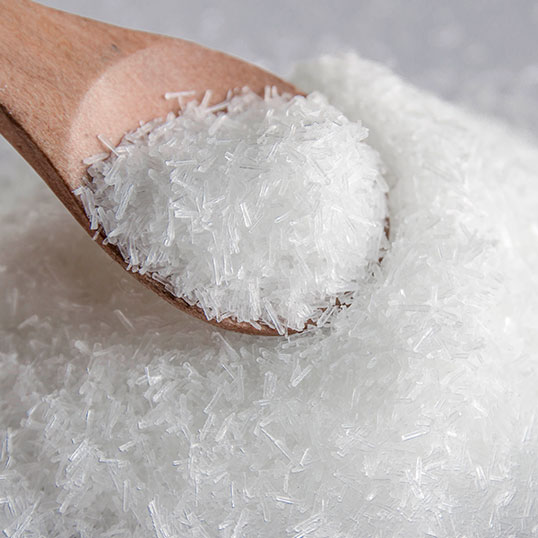
Umami is the fifth basic taste, alongside sweet, salty, sour, and bitter. Japanese scientist Dr. Kikunae Ikeda discovered umami in 1908. The word "umami" comes from the Japanese term "うま味," which means "pleasant savory taste." It describes a rich, meaty, and delicious sensation.
Key Characteristics of Umami:
✔ Deep, savory richness – Found in foods like aged cheese, tomatoes, and mushrooms.
✔ Brothy, mouth-filling taste – Enhances soups, sauces, and meats.
✔ Long-lasting flavor – Unlike other tastes, umami lingers pleasantly.
Natural Umami Sources:
Meat & Seafood (beef, pork, anchovies)
Fermented Foods (soy sauce, miso, fish sauce)
Vegetables (tomatoes, mushrooms, seaweed)
Dairy (Parmesan, aged cheddar)

Monosodium glutamate (MSG) is the sodium salt of glutamic acid, an amino acid naturally present in many foods. A white crystalline powder used as a flavor enhancer to intensify umami taste.
What Does MSG Do to Food?
Boosts savory flavors – Makes dishes taste richer and more satisfying.
Reduces need for excess salt – Enhances taste without increasing sodium drastically.
Balances & rounds out flavors – Used in snacks, soups, and restaurant dishes.
MSG is produced through:
Fermentation – Bacteria break down starch (from sugarcane or corn) into glutamic acid.
Neutralization – Scientists combine glutamic acid with sodium to form monosodium glutamate.
Purification & Crystallization – The process purifies the final product into a fine powder.
Despite myths, major health organizations (FDA, WHO, EFSA) recognize MSG as safe for consumption when used normally.
Common Myths vs. Facts:
❌ Myth: "MSG causes headaches or 'Chinese Restaurant Syndrome.'"
✅ Fact: No conclusive scientific evidence links moderate MSG intake to adverse effects. Some people may be sensitive, but this is rare.
❌ Myth: "MSG is an artificial chemical."
✅ Fact: Glutamate occurs naturally in foods (tomatoes, cheese, meat). MSG is simply a purified form.
❌ Myth: "MSG is highly unhealthy."
✅ Fact: The FDA classifies MSG as GRAS (Generally Recognized as Safe). It contains less sodium than table salt.
Individuals with glutamate sensitivity (rare cases may experience mild reactions).
People on low-sodium diets (though MSG has 1/3 the sodium of salt).
|
Feature |
MSG |
Natural Umami (e.g., tomatoes, cheese) |
|
Flavor Strength |
Highly concentrated |
Milder, more complex |
|
Cost |
Affordable |
More expensive |
|
Usage |
Ideal for processed foods |
Best for whole foods & gourmet cooking |
|
Health Impact |
Safe for most people |
Naturally occurring, no concerns |
✔ MSG is a safe, effective flavor enhancer when used in moderation.
✔ It mimics natural umami but in a more concentrated, cost-efficient form.
✔ Regulatory agencies worldwide approve its use in food production.
As a supplier of food additives, we provide high-quality monosodium glutamate and umami ingredients for the food industry. We help create delicious and balanced flavors in snacks, sauces and ready-to-eat foods.
Interested in the umami solution for the product? Contact us today!
Name: Jack
Mobile:0086 13867199735
Tel:0086 571 22661887
Whatsapp:8613867199735
Email:info@hz-great.com
Add:Nanyang Development Area, Xiaoshan Dist, Hangzhou City, Zhejiang Province, China